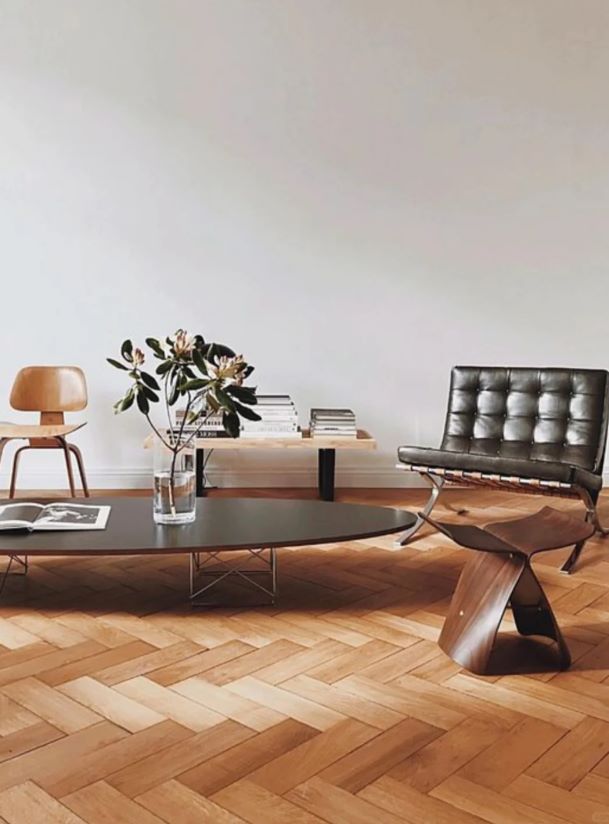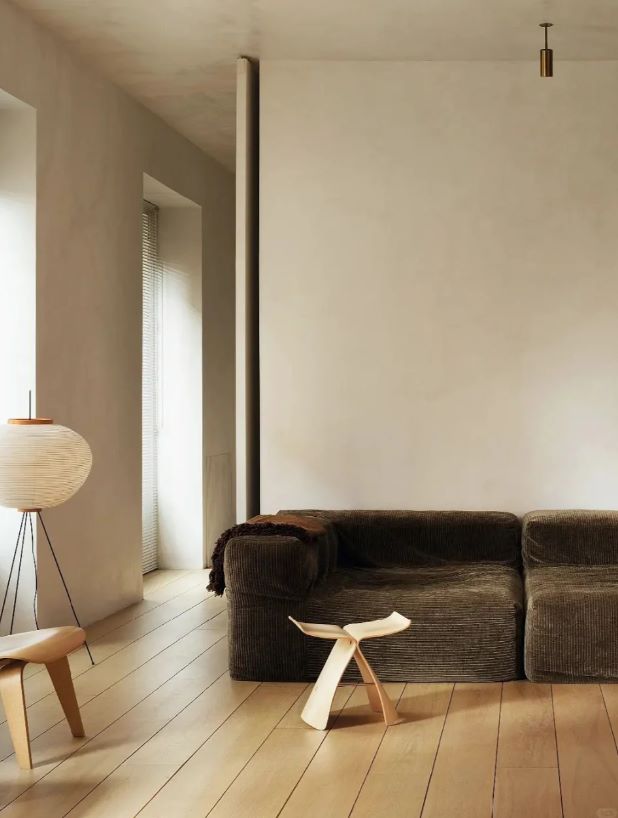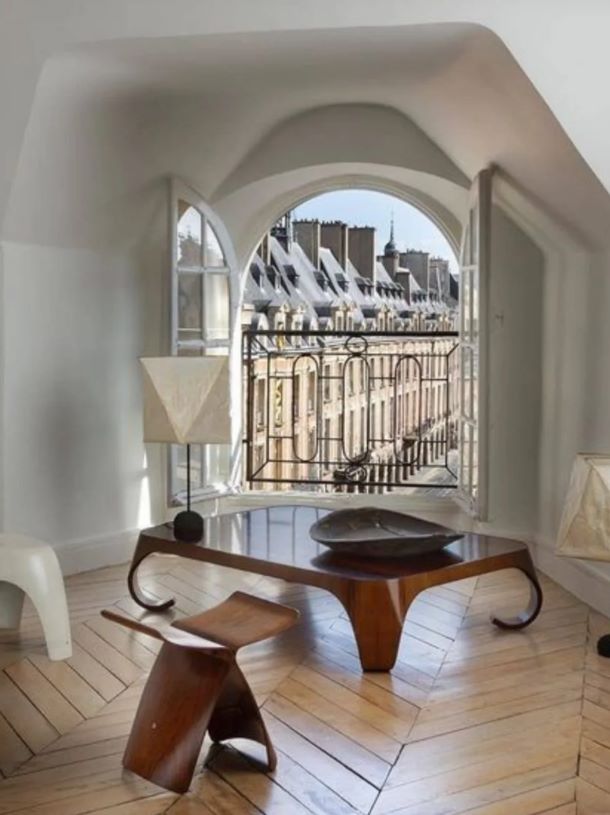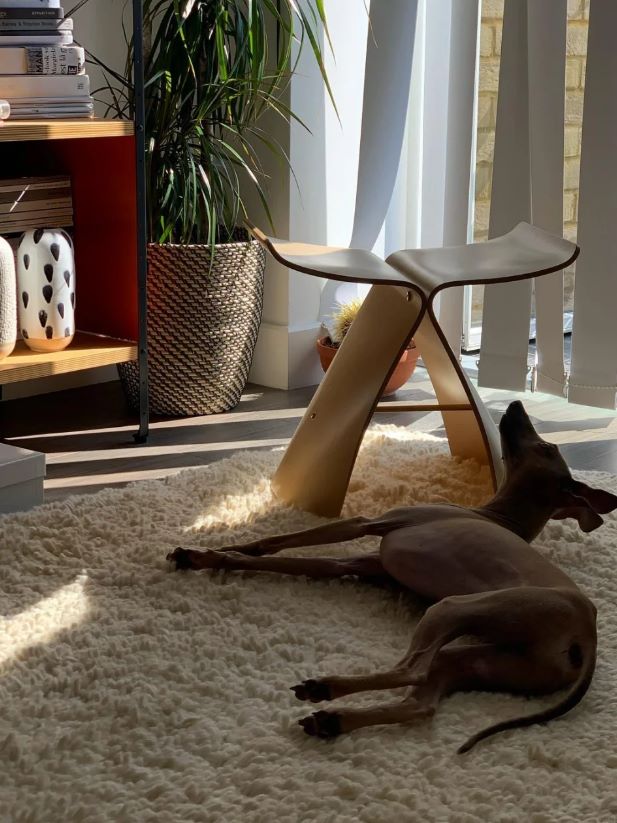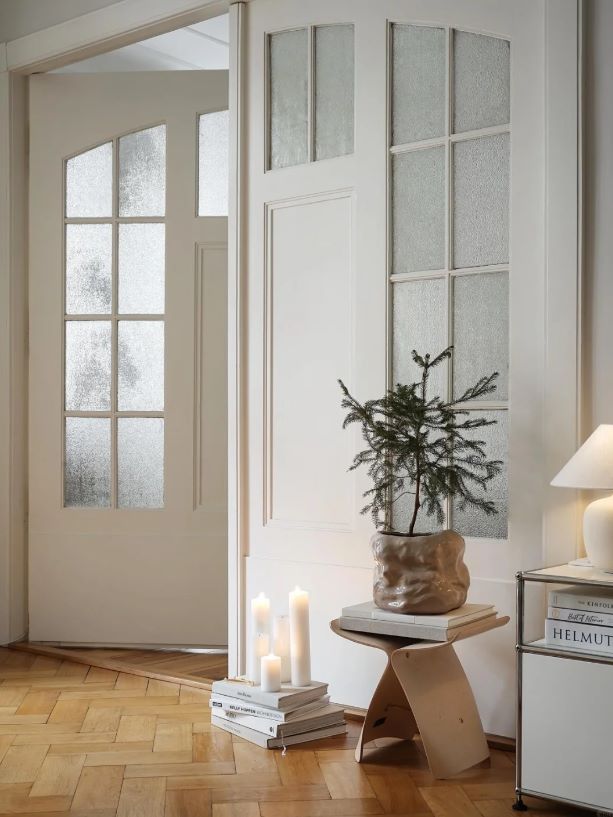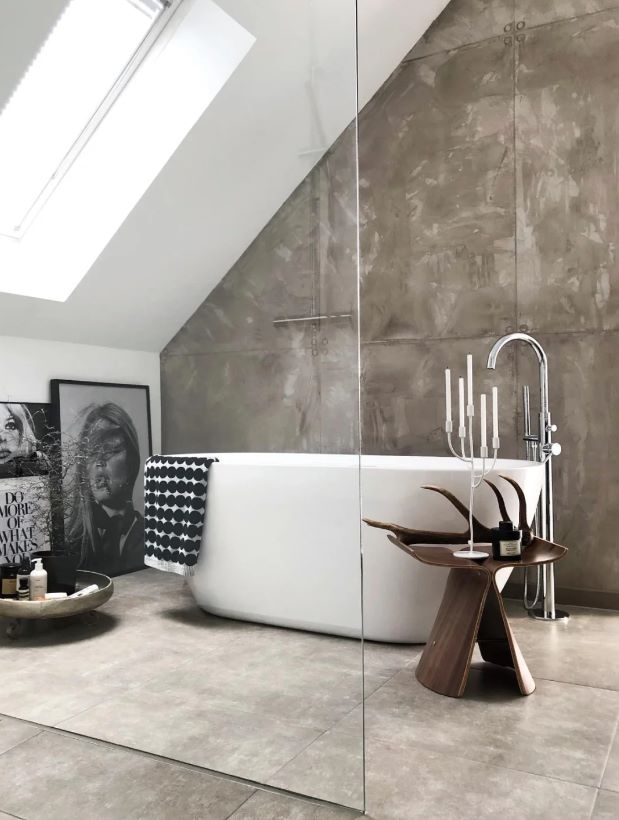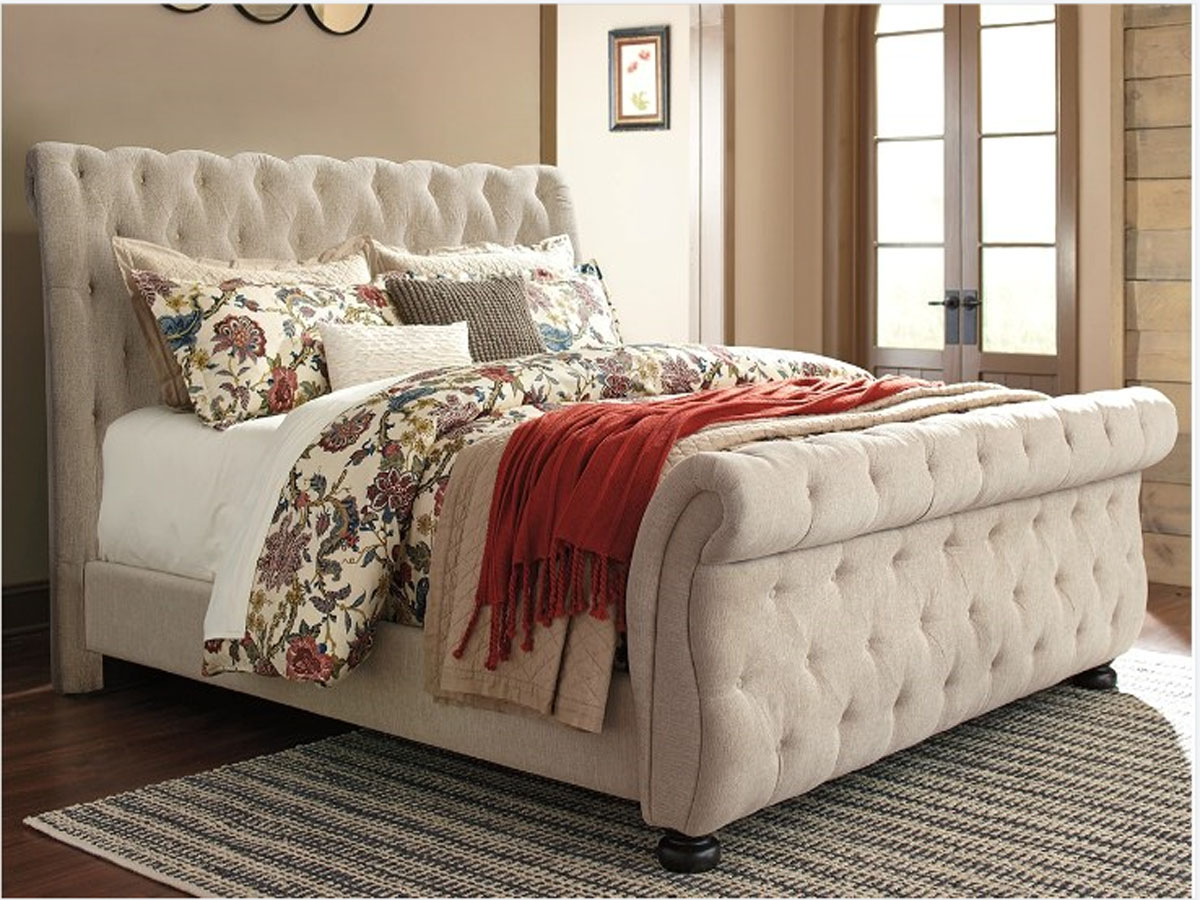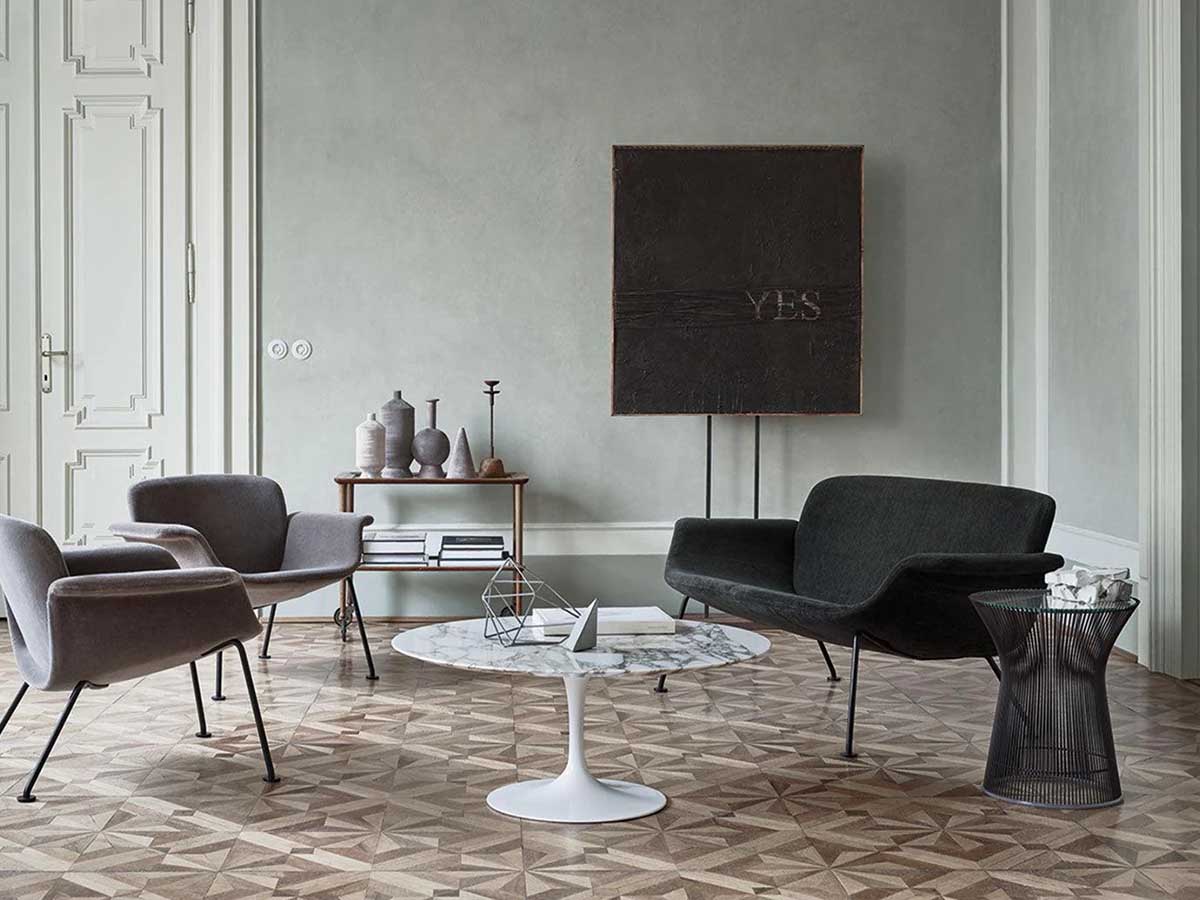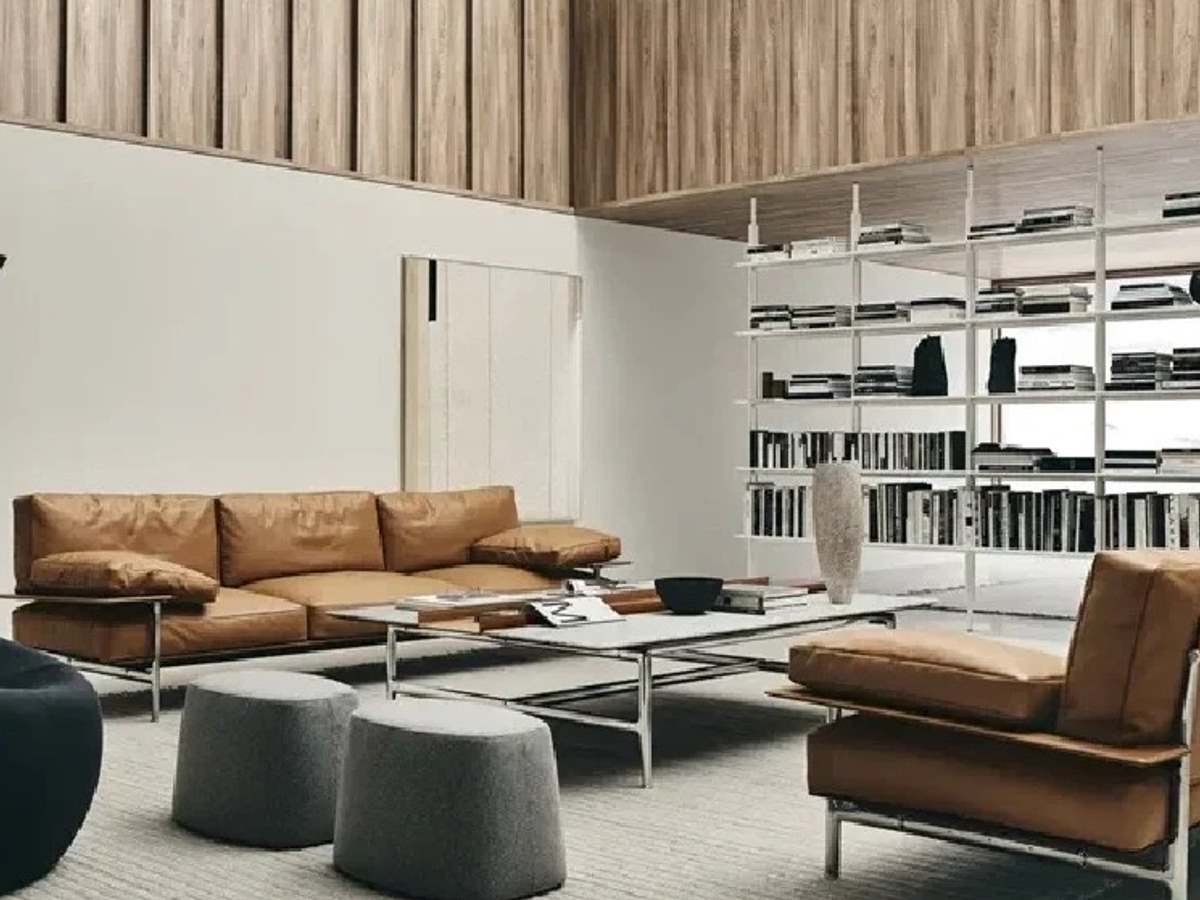Introducing Our Exquisite Butterfly Stool Collection
A Classic Piece of the Day - Butterfly Stool
Request Our Latest Prices Now!
The Butterfly Stool was designed by the Japanese industrial design master, Sori Yanagi, in 1954. Yanagi utilized curved plywood technology to connect two identical plywood pieces with two screws and reinforced them with a metal crossbar underneath, forming a graceful form resembling the spread wings of a butterfly. The simple construction and smooth lines integrate traditional Japanese artistic characteristics with contemporary international design elements.
"True beauty comes from nature, not from manufacture." — Sori Yanagi.
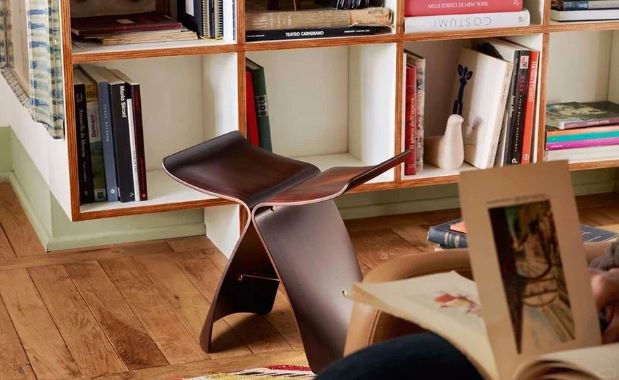 | The Butterfly Stool, designed by Sori Yanagi in 1954, made its debut at the 11th Milan Triennial Exhibition of the same year. Inspired by the posture of a butterfly spreading its wings, this stool has garnered acclaim for its simplicity, elegance, and functionality. |
The stool employs curved plywood technology, seamlessly connecting the seat and support legs in a continuous and flowing curved form. The seat of the stool resembles the shape of butterfly wings, with a simple yet stable structure. Its design not only emphasizes aesthetic balance and proportion but also considers the comfort of the human body. | 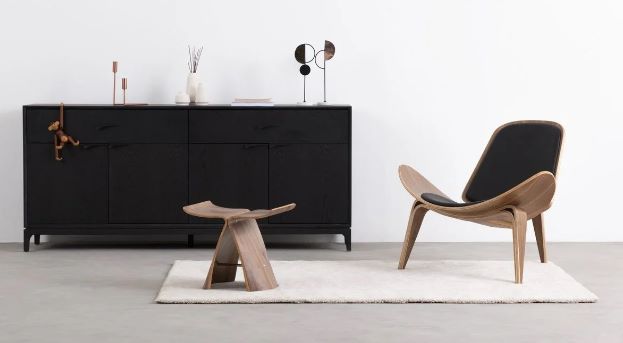 |
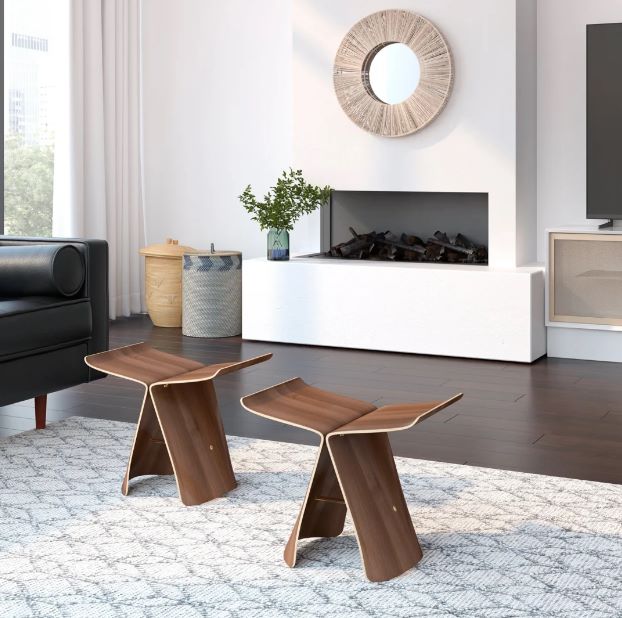 | Sori Yanagi's design philosophy is reflected in the Butterfly Stool, as he pursues designs that are simple, practical, and enduring, emphasizing harmony with nature. The Butterfly Stool has become one of his masterpieces, with its design principles and material choices showcasing his respect for nature and traditional craftsmanship. |
Due to its unique appearance and exquisite craftsmanship, the Butterfly Stool enjoys a high reputation in the field of home design. It is widely used in interior decoration and furniture design, serving as a classic piece that combines artistry and practicality. The Butterfly Stool embodies Sori Yanagi's unique insights into aesthetics and craftsmanship while also representing the essence of Japanese design and its distinctive aesthetic perspective. | 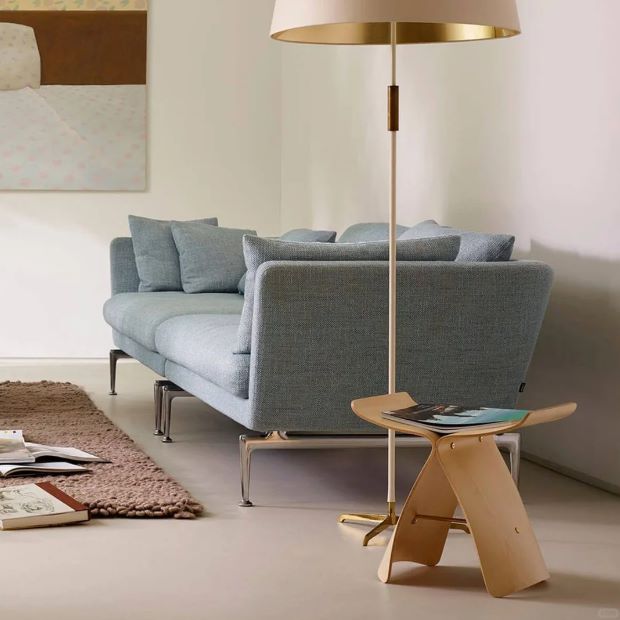 |
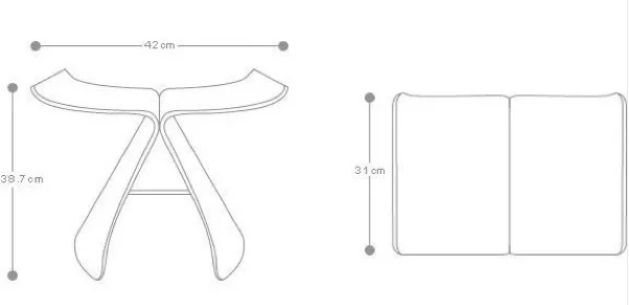 | The Butterfly Stool is made from two identical molded plywood pieces connected by a metal brace, creating a relationship akin to that of an object and its reflection in a mirror. Its distinctive feature lies in a clever construction where two completely identical components are symmetrically connected using screws and iron rods, fully exploiting the characteristics of plywood material. Even under stress, the joining of the two plywood pieces not only does not compromise the bonding strength between layers but also strengthens it, resulting in a design that is both dignified and elegant while ensuring the stool's durability. |
To showcase the symmetric beauty of butterfly wings, strict attention is paid to wood selection and craftsmanship, ensuring seamless pattern alignment, known as "matching." The underside of the chair is fixed with screws and copper rods, preserving the purest curves of the wings, making it a perfect representation of functionalism and furniture art. The Butterfly Stool employs precision-calculated, seven-layer plywood technology, utilizing high pressure to compact the wood boards. Adjacent wood grain is oriented vertically, preventing edge cracking and enhancing stability against temperature changes, significantly increasing the strength and load-bearing capacity of the wood. As a result, despite its small size, even sumo wrestlers can sit on the stool firmly. | 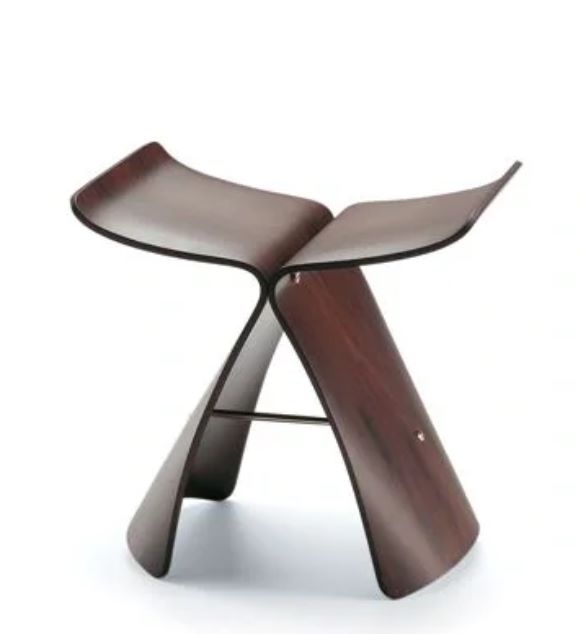 |
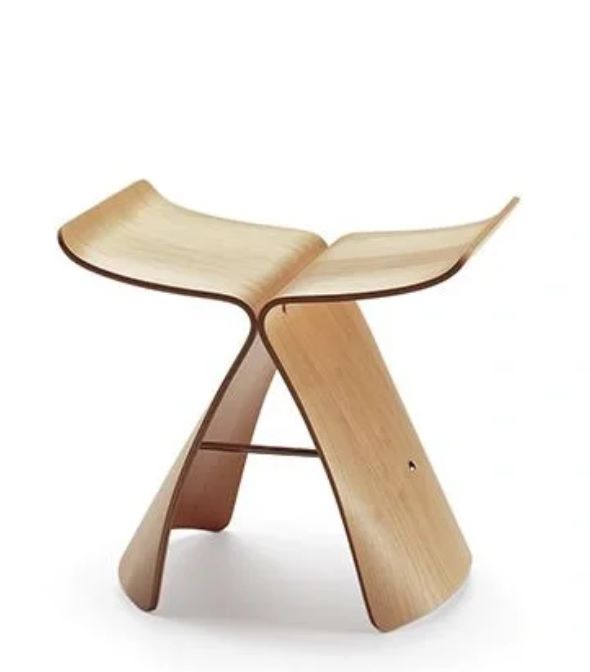 | To perfectly capture the curves of butterfly wings, it is necessary to heat the wood to evaporate the moisture inside, making it lighter and easier to shape while precisely controlling the heat dissipation to bend the wood into the most beautiful curves, showcasing astonishing technical prowess. The people of Scandinavia, rich in natural resources, are dedicated to the protection and reuse of forests, while Japan, with its limited land and dense population, treasures its scarce natural resources even more. These two vastly different factors have led them both to cherish and protect natural resources. The Butterfly Stool embodies this commitment, hence the choice of using molded plywood technology, which saves more wood compared to solid wood furniture, even allowing for the recycling of planed wood scraps. What makes the Butterfly Stool special is its use of modern technology and materials as a means to create a modern product with a unique Japanese style. |

